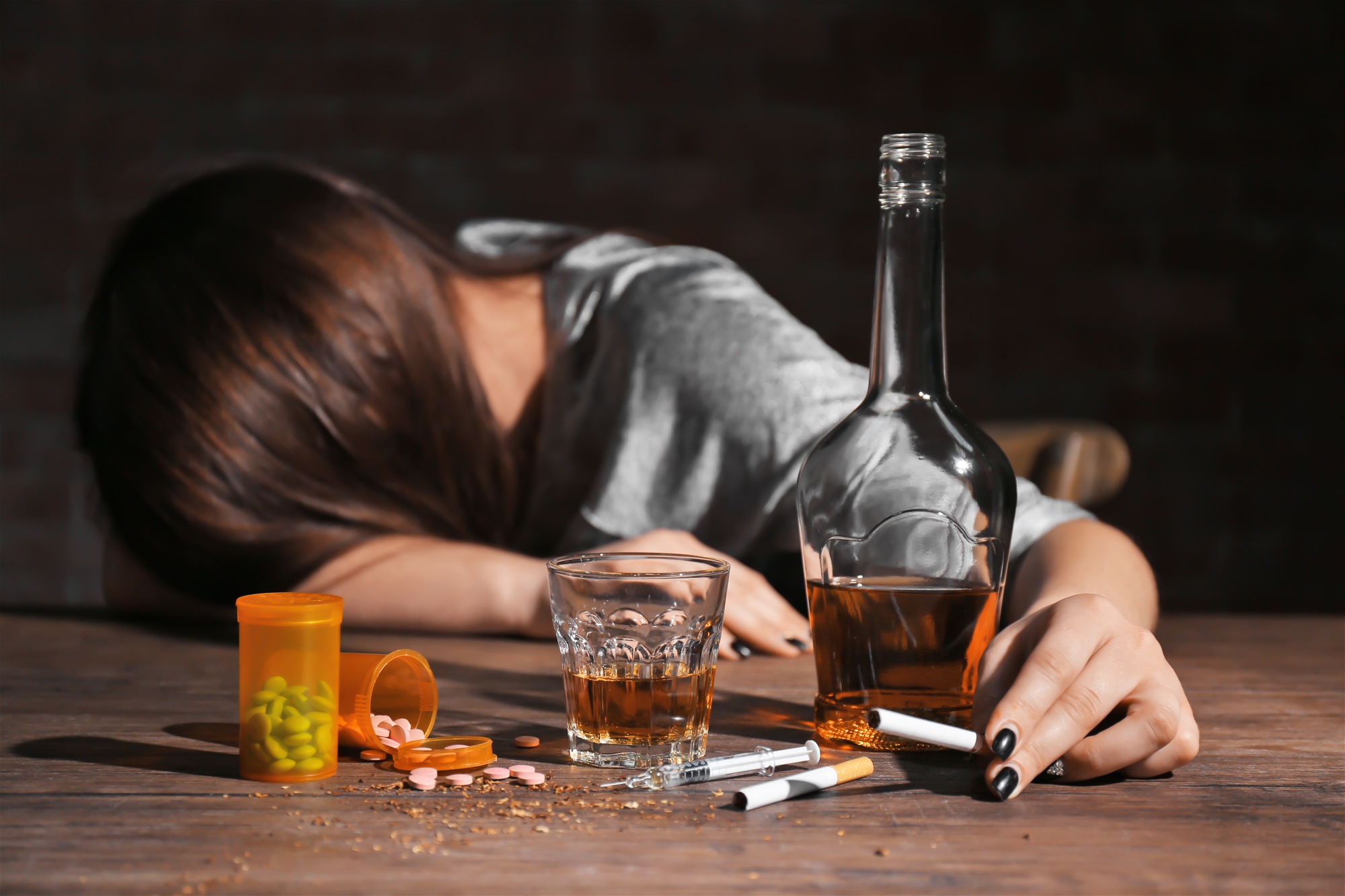Substances
Substances refer to alcohol, caffeine, cannabis, hallucinogens, inhalants, opiates, sedatives and anti-anxiety drugs, stimulants, tobacco, and so on.
Substance abuse
Substance abuse refers to the occurrence of one or more of the following behaviors within one year:
- Repeated use of substances over and over again to the extent that they fail to fulfill major role obligations at work, home, or school.
- Continued use of substances despite having caused physical injury or discomfort, e.g. driving.
- Recurrent legal issues related with substance use such as being arrested for drug taking.
- Continued substance use despite having persistent or recurrent social or interpersonal problems caused or exacerbated by the affects of substance.

Withdrawal symptoms
Withdrawal symptoms means once people was dependent to a substance, when he or she stopped the substance, he or she would experience some physical or mental discomfort. For example, symptoms of common illicit drug such as heroin, amphetamine, and cocaine are:
- Craving state: A strong desire or urge to use alcohol.
- Losing control: Once you lift a bottle or glass, you can't stop.
- Physiological dependence: Withdrawal symptoms such as nausea, tremor and anxiety will occur after stopping drinking.
- Tolerance: a need for markedly increased amounts of alcohol to achieve intoxication or desired effect.
Withdrawal symptoms
Withdrawal symptoms are defined as the physical and psychological symptoms that begin to occur when you stop using the drug after you become addicted to it. For example, common withdrawal symptoms of amphetamines and cocaine are:
- Addiction and poisoning: elated mood, exaggeration, argumentation and insomnia
- Overdose: excitement, anxiety, spasm, hallucination, panic, and even death.
- Withdrawal symptoms: Fatigue, poor sleep, inattentiveness, and dysphoria.
Reasons for substance abuse
It is important to understand what went wrong before substance use due to factors such as peer influence, curiosity, or difficulties with interpersonal relationships, work, or family to relieve stress and avoid painful feelings or emotions that you do not want to face.
How to assist and seek resources?
- Physical care: emergencies such as withdrawal, overdose or poisoning must be prioritized to restore physical stability.
- Psychological care: Give psychological support and encourage the expression of feelings.
- Social support:
- Social skills training: It's important to help individuals say "no" to drugs and alcohol.
- Seek available resources, such as from religious groups, addiction treatment groups (check on the website of the Ministry of Health and Welfare), county and city hospitals, etc.

